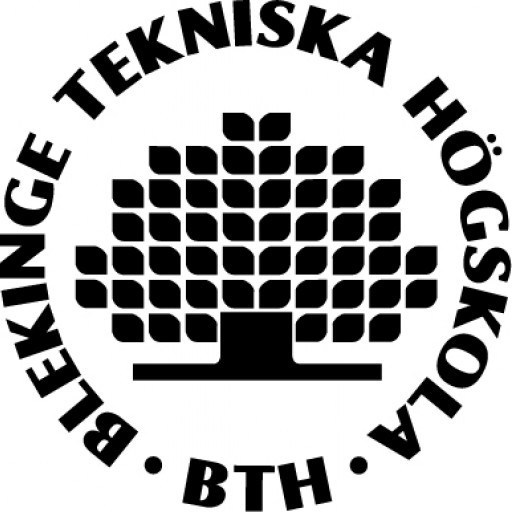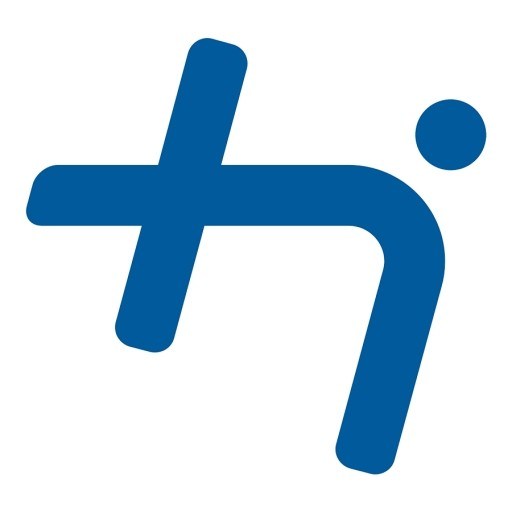Photos of university / #blekingetekniskahogskola
Master Programme in Mechanical Engineering with Emphasis on Structural Engineering at Blekinge Institute of Technology offers an in-depth education tailored for students aiming to excel in the design, analysis, and construction of resilient and innovative structural solutions. This programme is designed to provide comprehensive theoretical knowledge combined with practical skills necessary for tackling modern engineering challenges in the field of structural mechanics, materials, and construction technologies. Students will engage with advanced courses covering topics such as static and dynamic analysis of structures, finite element methods, materials science, sustainable construction practices, and innovative structural design. The curriculum emphasizes the application of simulation tools and modern software to optimize structural performance and safety. Throughout the programme, students will have opportunities to participate in research projects, collaborate with industry partners, and develop critical thinking skills essential for innovation in structural engineering. The programme aims to prepare graduates for careers in engineering consultancy, construction companies, or further research and development roles, both in Sweden and internationally. The teaching approach integrates theoretical instruction with laboratory work, project-based learning, and case studies, ensuring that students gain practical experience alongside academic knowledge. Blekinge Institute of Technology’s strategic location and active industry partnerships provide students with excellent internship opportunities and networking prospects. Graduates will be equipped to contribute to the development of sustainable, safe, and cost-effective structural systems, addressing the demands of modern society for resilient infrastructure. The Master Programme in Mechanical Engineering with Emphasis on Structural Engineering at Blekinge Institute of Technology is committed to fostering innovation, sustainability, and excellence in engineering education and research.
The Master's programme in Mechanical Engineering with Emphasis on Structural Engineering at Blekinge Institute of Technology is a comprehensive and cutting-edge educational path designed to prepare students for advanced careers in the field of structural mechanics and engineering. The programme combines solid theoretical foundations with practical skills, enabling graduates to address complex challenges related to the design, analysis, and optimization of structural systems in various industries such as construction, transportation, and manufacturing.
Throughout this programme, students will explore core topics including advanced mechanics of materials, structural analysis, finite element methods, and materials science. They will also gain knowledge in innovative construction techniques, sustainable engineering practices, and the use of modern computational tools for structural design and assessment. An emphasis is placed on understanding the behavior of different materials under various loading conditions, as well as developing practical skills in designing safe, durable, and cost-effective structures.
The curriculum includes a combination of lectures, laboratory work, project assignments, and industry internships, fostering both theoretical understanding and hands-on experience. Students will have opportunities to work on real-world projects in collaboration with industry partners, enhancing their problem-solving abilities and professional network. The programme encourages independent thinking, innovation, and critical analysis, preparing graduates to become leaders in structural engineering fields.
In addition to technical skills, the programme also aims to develop students’ project management and communication abilities, equipping them to work effectively as part of multidisciplinary teams. Upon graduation, students will possess a thorough understanding of the latest advances in structural engineering, as well as the ability to apply these advancements practically, whether in consulting firms, construction companies, or research institutions.
The programme is suitable for students with a background in mechanical engineering, civil engineering, or related disciplines who are eager to specialize further and deepen their expertise in structural engineering. Graduates will be well-positioned to contribute innovative solutions to contemporary engineering problems, promote sustainable building practices, and advance their careers in academia or industry.
Admission requirements for the Master's Programme in Mechanical Engineering with Emphasis on Structural Engineering at Blekinge Institute of Technology typically include a bachelor's degree or the equivalent in Mechanical Engineering, Civil Engineering, Structural Engineering, or a closely related field from an internationally recognized university. Applicants are expected to demonstrate a solid foundation in mathematics, physics, mechanics, and engineering design. Proficiency in English is mandatory, with certified results from tests such as IELTS (minimum overall score of 6.5, with no section below 5.5) or TOEFL (internet-based test minimum score of 90, with subscores not less than 20). Relevant work experience in mechanical or structural engineering may be considered an advantage but is not mandatory.
Additionally, applicants must submit a complete application form, academic transcripts demonstrating their completed coursework and grades, and a motivation letter explaining their interest in the programme and how it aligns with their career goals. Letters of recommendation may also be required to assess the applicant's academic and professional potential. The selection process evaluates both academic performance and motivation, emphasizing the applicant's potential to succeed in advanced engineering studies and research. Some programs may also consider prior research experience or participation in relevant projects as supplementary information.
Candidates are advised to review specific admission deadlines and ensure that all documentation is submitted on time. It is recommended that applicants meet or exceed the minimum requirements to strengthen their application. The programme aims to attract students with a strong technical background who are interested in specialized structural engineering topics within the broader field of mechanical engineering. Successful applicants will demonstrate not only academic excellence but also a commitment to developing advanced skills necessary for innovation and leadership in structural design, analysis, and engineering practices.
Financing studies for the Mechanical Engineering with Emphasis on Structural Engineering program at Blekinge Institute of Technology typically involve a combination of tuition fees, scholarships, grants, and possible student loans. International students are required to pay tuition fees, which vary depending on the student's nationality. For non-EU/EEA students, the annual tuition fee is approximately SEK 150,000 to SEK 170,000. These fees generally cover the entire duration of the program, which is two years divided into four semesters.
To assist students financially, Blekinge Institute of Technology offers a variety of scholarships, primarily targeted at international applicants. These scholarships are usually merit-based and provide partial or full tuition fee coverage. The university's scholarship programs are competitive and require applicants to demonstrate strong academic performance and financial need. Additionally, domestic students and students from the EU/EEA may have access to government student aid and loans, which can cover tuition fees and living expenses.
Students are encouraged to explore external funding options, such as grants from their home countries, international organizations, or private foundations that support engineering studies abroad. In Sweden, students also benefit from the possibility of working part-time during the academic year, which can help offset living costs. The Swedish government and the European Union offer various funding opportunities for students, including loan schemes and grants, which can be applied for through national agencies or European programs.
Living expenses in Blekinge are relatively moderate compared to larger Swedish cities. On average, students should budget around SEK 8,000 to SEK 10,000 per month for accommodation, food, transportation, and study materials. Students enrolled in the program are advised to plan their finances carefully and explore all available aid options early in their studies.
Overall, financing a degree in Mechanical Engineering with Emphasis on Structural Engineering at Blekinge Institute of Technology involves a combination of tuition fees, scholarships, external funding, and personal resources. Prospective students are strongly advised to contact the university's admissions and financial aid offices for current and detailed information on tuition costs, scholarship opportunities, and funding schemes tailored to their specific circumstances.
Mechanical Engineering with Emphasis on Structural Engineering at Blekinge Institute of Technology is a comprehensive master's program designed to prepare students for advanced careers in the engineering, design, and analysis of structural systems. This program combines theoretical knowledge with practical skills, enabling graduates to contribute effectively to the development of safe, sustainable, and innovative structures in various industries, including construction, transportation, and manufacturing. The curriculum covers core topics such as mechanics of materials, structural analysis, materials science, and design principles, with a specialized focus on structural engineering challenges like earthquake resilient structures, load-bearing systems, and smart materials. Students gain hands-on experience through laboratory work, design projects, and collaborations with industry partners, fostering a practical understanding of real-world engineering problems. The program also emphasizes sustainable development and eco-friendly design practices, aligning with global efforts to reduce environmental impact. Students have access to modern laboratories and resources that support advanced research and development activities. Programs typically include coursework in computer-aided design (CAD), finite element analysis (FEA), and structural simulation techniques. Graduates of this program are well-equipped to work in consulting engineering firms, construction companies, or pursue doctoral studies. The program benefits from Blekinge Institute of Technology’s strong ties to the industry and research community, providing networking opportunities, internships, and project collaborations. The language of instruction is primarily English, attracting both Swedish and international students. Upon completion, students receive a Master of Science degree in Mechanical Engineering with specialization in Structural Engineering, opening doors to careers focused on building safer, more efficient, and innovative structures worldwide.










